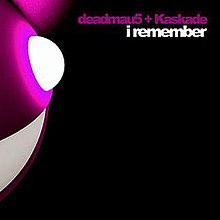00:00 - 01:0001:00 - 02:0002:00 - 04:0004:00 - 06:0006:00 - 09:0009:00 - 11:0011:00 - 13:0013:00 - 15:0015:00 - 17:0017:00 - 19:0019:00 - 20:0020:00 - 21:0021:00 - 23:0023:00 - 00:00
user406009
user406009
user406009
user406009
user1804599
user1804599
user406009
00:00 - 01:0001:00 - 02:0002:00 - 04:0004:00 - 06:0006:00 - 09:0009:00 - 11:0011:00 - 13:0013:00 - 15:0015:00 - 17:0017:00 - 19:0019:00 - 20:0020:00 - 21:0021:00 - 23:0023:00 - 00:00



